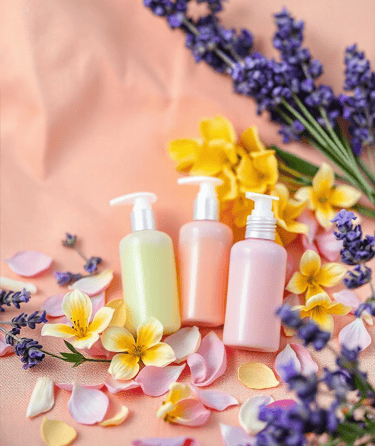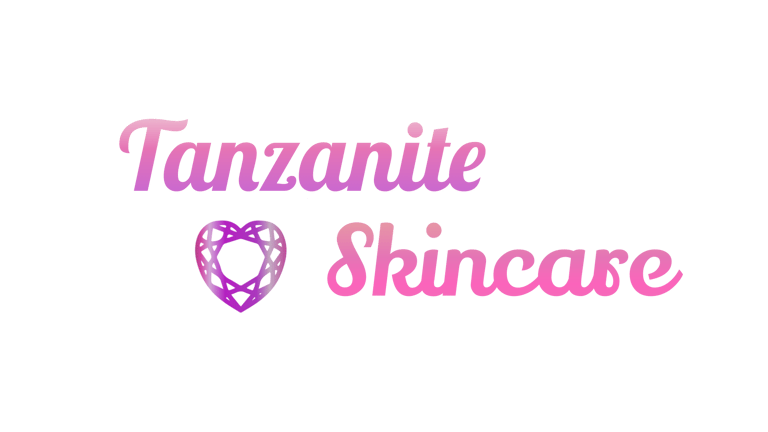Understanding Clean Skincare Controversies
Let's delve deeply and explore the complexities of clean skincare and why it's often viewed as a scam in the beauty industry. Join us in uncovering the truth behind this controversial trend.
1. Inconsistency of the definition
What does clean even mean in the context of skincare? Sometimes due to different regulations of cosmetics in various countries a certain ingredient can be banned and considered dangerous while another country may find it is allowed to be added in skincare products. This is true for EU regulations that are very strict than in US and Canada regulations. And some of the ingredients are not required by law to be disclosed on the ingredients list of the skincare products.
This can be a legal loophole that companies can use to add ingredients that are legally considered safe and are not required by law to be disclosed to the consumers. Meanwhile using claim ingredients like plant extracts, essential oils and such as that, which have no substantial evidence to support their efficacy in improving skin health.
2.It lacks scientific basis
Most of this so called 'clean' skincare products lack any scientific or medical evidence to support their claims. Most of these 'clean' skincare brands claim to be petrochemical-free, fragrance-free, cruelty-free, paraben-free and other labels of that sort. In a matter of fact more than 50% of the cosmetic ingredients are derived from petroleum in wholly or in part, making it hard for formulators to get rid of them completely. Sadly, some of these brands that claim to be clean contain the same ingredients they demonize. Petroleum-based products like mineral oil can be used without causing any skin concerns. For example a popular skincare product Johnson & Johnson baby oil is just mineral oil yet many people use it and don't face any health risks. Unless you have a well diagnosed skin issue or allergy then this claims should not keep you awake at night.
3. Just another marketing gimmick
If you take a look at these clean skincare brands you gonna be like wait something isn't right here. You will come to know that this is another one of those marketing strategies employed to target gullible consumers and rip off their hard-earned money. Sometimes these brands charge more than non-clean brands, so that consumers believe that the ingredients were well out-sourced and ethically produced.
3. Consult your Dermatologist.
Sometimes some skin issues need to visit a dermatologist in order to find solution not online advice from random blogs or influencers. A dermatologist will take a look at your skin issue, diagnose and prescribe a product that will be useful. The same goes if you have a certain allergy, a doctor's visit will save you a ton of trouble than online skincare marketing gurus online who are after trends, views and your money and not your well-being.
4. Parabenoia
"Who's Afraid of Big Bad Parabens?" For many years parabens have been used as preservatives until recently in 10 years or so, when they came under scrutiny of the media and gullible masses and create fear among the consumers of skincare products. Most of these clean skincare brands have capitalized on this fear of parabens from the masses and used it as the selling point It is important for the society to advocate for their consumer goods safety especially when the companies they are against have powerful lobbyists that can serve interests of those companies and not public health in law making. Though these criticism should be evidence-based from reputable professionals or experts in the field.
You have to know despite scrutiny still some parabens are in use in cosmetic products since there are no substantial evidence of them having carcinogenic or hormonal disrupting factors in humans when used in low percentages. That's why it is very important to educate yourself about ingredients before you make decisions to avoid or embrace them.
5. Misleading to consumers
The clean skincare industry has somewhat misled the consumers that if the product does not include the label then it must contain toxic ingredients that is going to hurt their precious skin. When you take a look there are 'non-clean'(they don't refer to their products with the 'clean' label) that works well for the skin. If you are concerned about skincare ingredients it is better for you to do your research online in sites such as INCIDecoder that has a database of many skincare products and rates ingredients according from superstar to icky. That's what they call them.
*INCI stands for International Nomenclature Cosmetic Ingredient.
What to do about it if I'm concerned about the safety of my skin and environment?
1. Buy evidence-based skincare.
It is better to do your own research online before buying skincare products know what they are made of and if they are gonna be safe for your skin type than making impulse purchases after watching few skincare influencer shorts with little to no valuable information that does not address your skin needs. Use websites like INCIDecoder to check for ingredients list of the product.
2. Buy skincare products that are locally produced.
If your concern is more about the environment and how the skincare industry affect it, then consider buying locally made products near your area. First, by doing this you support local industry and second you help reduce carbon footprint from all those transportation that produce a lot of smoke from gasoline fueled vehicles.
In a nutshell, when making decisions about skincare is better to be your own jury since these category of products does not face strict regulations as drugs and medicine. Do your own research and don't depend on celebrities to make skin choices for you. Everyone has unique skin and even an ingredient considered as 'natural', 'safe' or 'clean' may cause allergic reactions or contact dermatitis.
4. Learn about skincare ingredients.
Self-educate about various skin issues, skincare trends, skincare ingredients, skin types and everything skincare and over a period of time you will come to realize what works for you, what doesn't, what to avoid and what to embrace.


